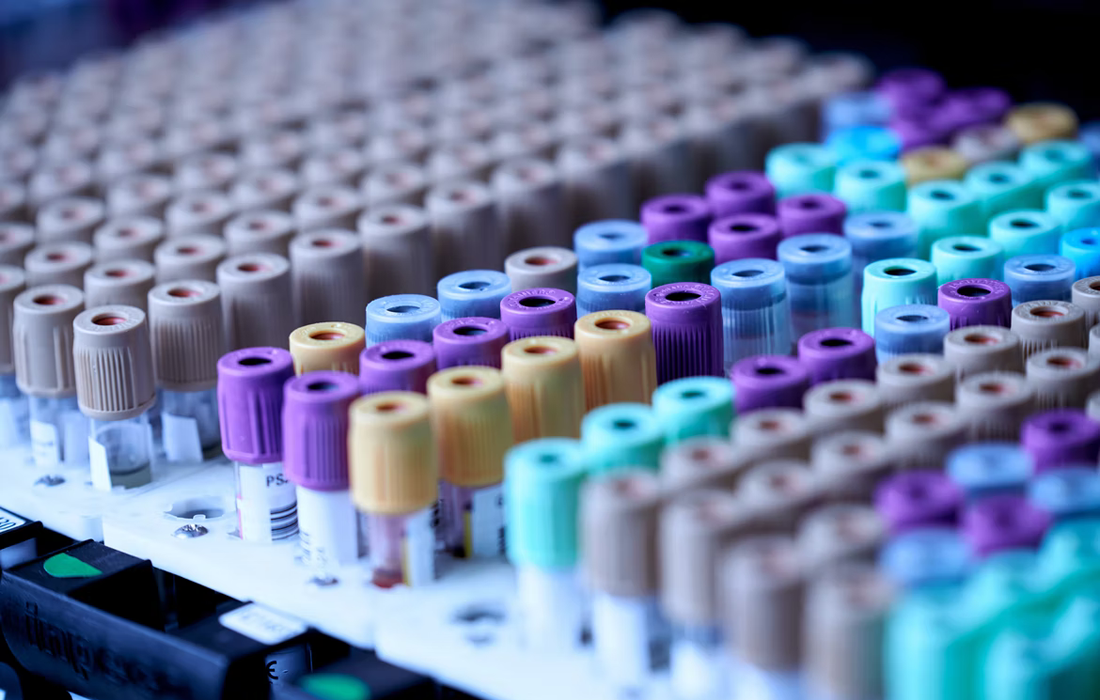Platelet-Rich Plasma
What Medications Should Be Stopped Before Getting a PRP Injection?
What is PRP?
Platelet-rich plasma (PRP) is an autologous blood product containing a patient’s own concentrated platelets in a small volume of plasma that is used for the treatment of a variety of tendinous and ligamentous injuries as well as augmentation of healing after surgical procedures.
PRP exerts its effect on tissues through the release of different growth factors and cytokines from the platelet concentrate.
What affects PRP efficacy?
Platelet count and aggregation are 2 factors that have been shown to affect PRP efficacy. Some studies have shown that too low or too high of a platelet count can inhibit PRP efficacy.
A study by Taniguchi and colleagues found that platelet count positively correlated with growth factor concentration, showing that platelet count may play an important role in determining the ability of PRP to exert its downstream effects.
A recently published study by Kao and colleagues evaluated the most commonly prescribed medications in the United States and their effects on platelets to have a better-established guideline for which medications should be stopped before obtaining a PRP injection.
The study assessed platelet count and platelet aggregation as measured by maximal aggregation percentage or rate of aggregation, platelet adhesion, and thromboxane metabolites.
What medications should you stop before a procedure with PRP?
According to the previously mentioned systematic review, the medications that could affect the PRP effectiveness more are:
- Aspirin. Patients who were randomized to differing doses of aspirin were consistently shown to exhibit decreased platelet aggregation when compared with patients randomized to placebo.
- Acetaminophen. A study by Munsterhjelm and colleagues found that acetaminophen inhibited platelet aggregation in a dose-dependent manner. Patients treated with 0, 15, 22.5, and 30 mg/kg of acetaminophen showed increasingly diminished platelet aggregation.
- Non-steroidal anti-inflammatory drugs. Patients treated with ibuprofen or indomethacin exhibited decreased platelet aggregation but no change in platelet count. A study by Schippinger and colleagues found that PRP samples from patients who took dexibuprofen or diclofenac after recent orthopedic surgery demonstrated substantial inhibition of platelet aggregation. Using LTA, they found that platelets from patients who took NSAIDs only showed 2.2% aggregation as opposed to 80% in the control group.
Other anti-inflammatory medications, such as COX-2 selective NSAIDs (meloxicam, celecoxib) did not lead to decreased platelet aggregation. In one study platelet aggregation after daily administration of 15-mg meloxicam for 8 days was 77%, compared with 71.7% with placebo, and did not cause a significant change in platelet count.
Before stopping any medication you should consult with your treating physician first to evaluate all factors involved and if there is a potential risk related to the medication suspension.
Source:
Kao DS, Zhang SW, Vap AR. A Systematic Review on the Effect of Common Medications on Platelet Count and Function: Which Medications Should Be Stopped Before Getting a Platelet-Rich Plasma Injection? Orthop J Sports Med. 2022 Apr 12;10(4):23259671221088820. doi: 10.1177/23259671221088820. PMID: 35434168; PMCID: PMC9008823.
Image from:
Photo by Testalize.me on Unsplash

